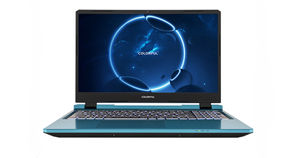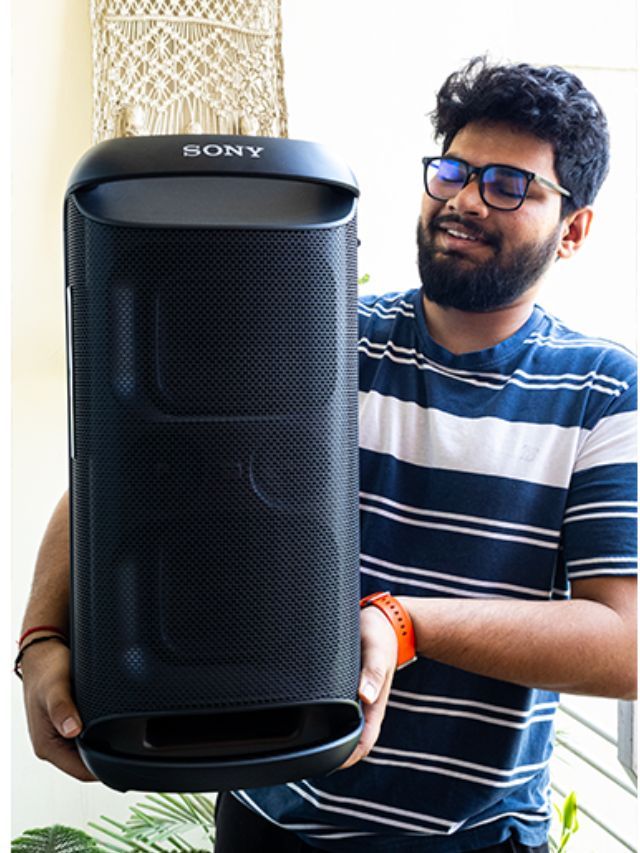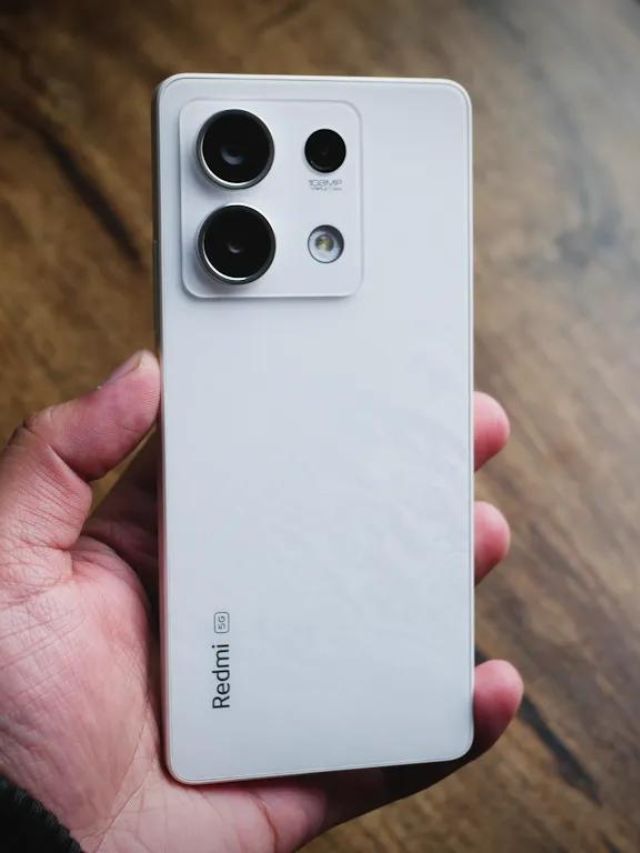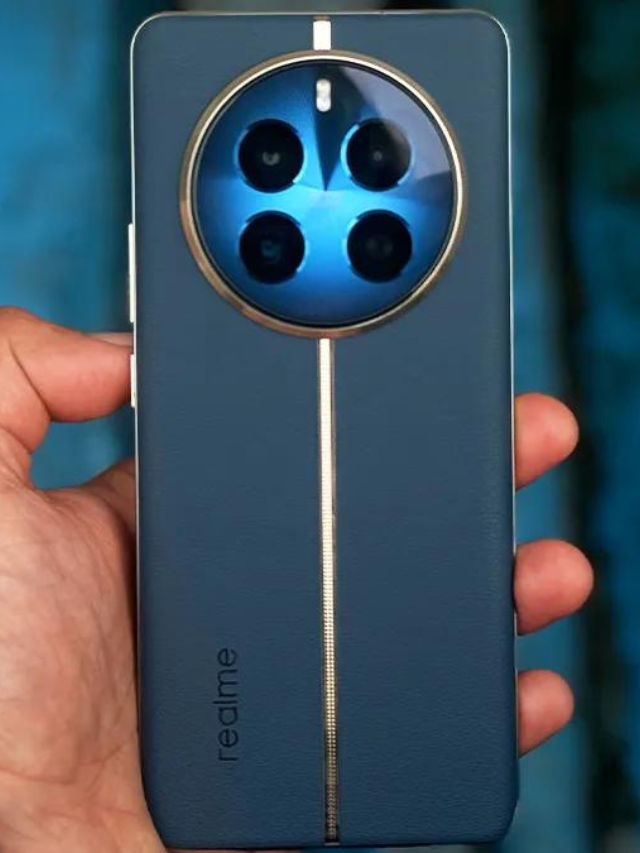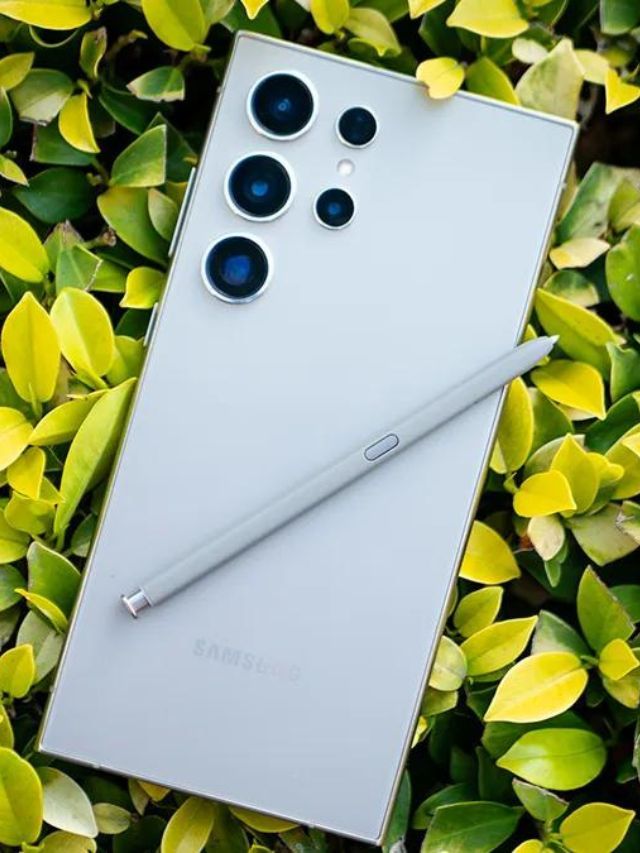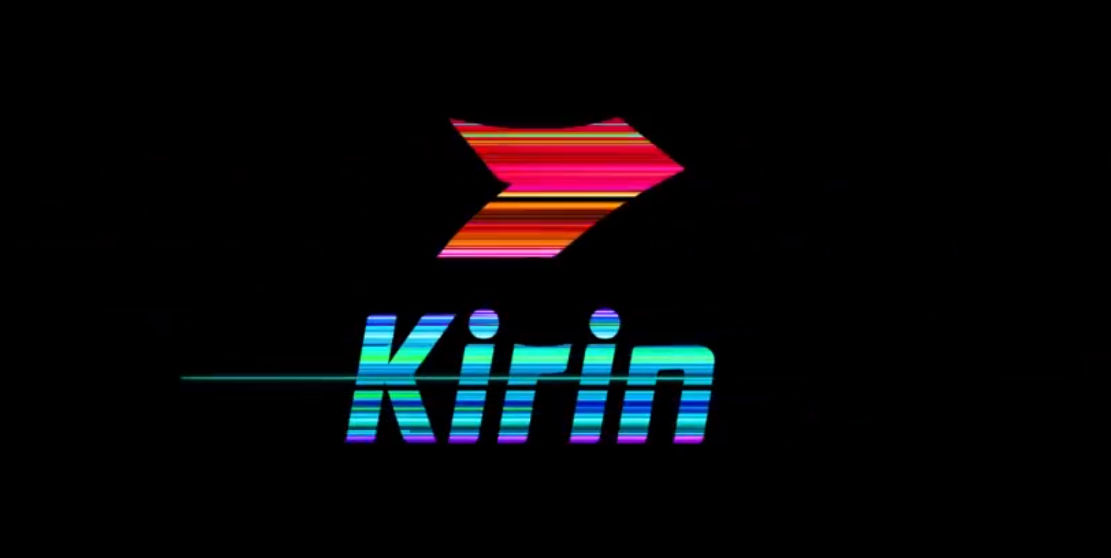
Huawei traditionally refreshes its flagship HiSilicon Kirin chipsets alongside the Mate series every year. With the Mate series reportedly getting close, Huawei has officially teased the successor of the Kirin 980 SoC today. On its official channel, the Chinese giant revealed that its next flagship mobile chip, the HiSilicon Kirin 990 SoC will be announced on September 6th at IFA 2019 in Berlin. The announcement comes just after the company was granted another 90-day extended reprieve from the US trade ban.
Now, the teaser video doesn’t give away a lot of detail but it does show that the focus will be on 5G as the new chipset will come with a built-in Balong 5000 5G modem to take on Qualcomm’s current flagship offering. It is likely that the Kirin 990 will be based on the 7nm FinFET/EUV fabrication process but this is its third chipset on that scale after the previous two flagship SoCs. Industry sources say that TSMC will be manufacturing Huawei’s new chipsets.
Moreover, recent information has also revealed that the new mobile SoC will bring support for 4K videos capture at 60fps. Now, this feature has been missing from Huawei phones since a couple of years as other OEMs like Samsung raced ahead of the Chinese smartphone maker in this particular aspect. As of now, the Kirin 980 chipset found inside Huawei and Honor flagship phones are only capable of recording 4K at 30 fps or 60 fps at 1080p. In contrast, Qualcomm introduced the Snapdragon 845 with the same feature in while Apple was the first to market with this feature on the iPhone 8 in 2017.
Meanwhile, speculation is that Huawei will be releasing the Mate 30 series on September 19th in Europe and it is expected to come with Android rather than the long-rumoured HarmonyOS. Rumour has it that there will be a big camera overhaul for the series with Huawei opting for two large 40MP Sony IMX600 sensors. However, there is still no official confirmation from Huawei regarding the launch date as of now.





